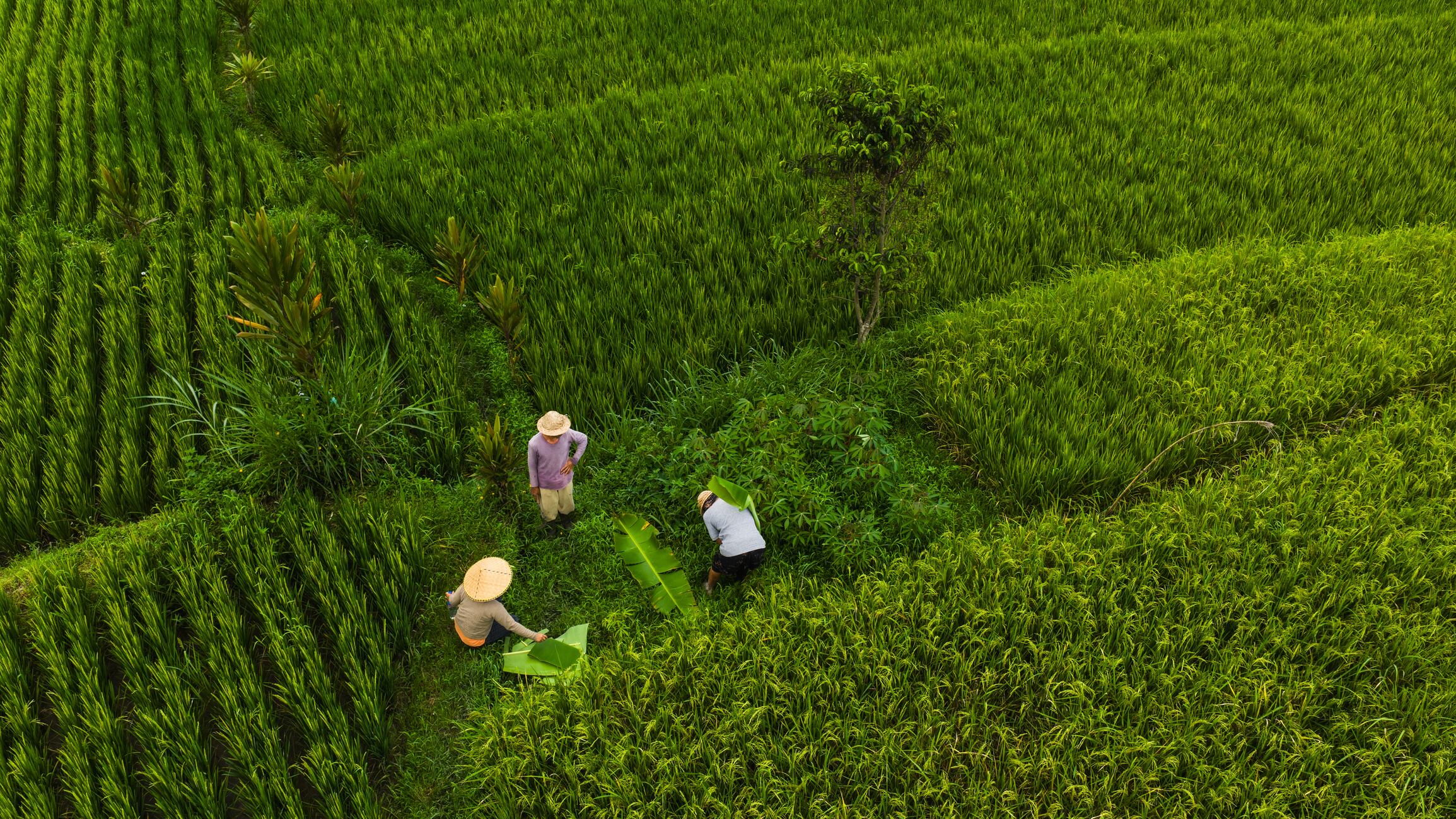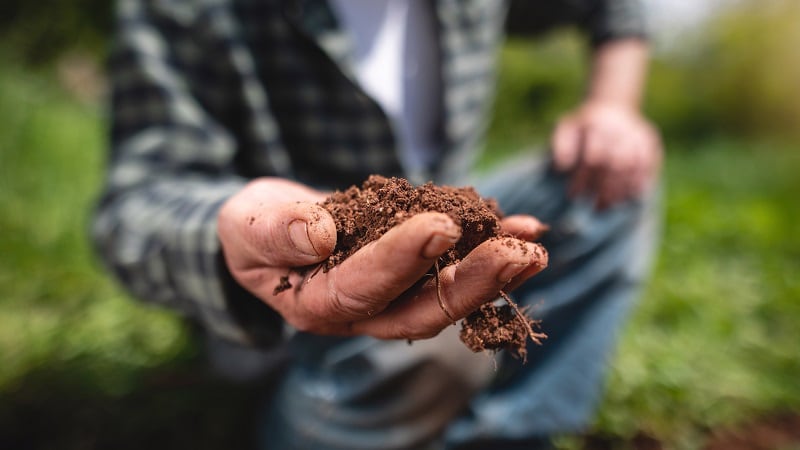The company’s flagship biopesticide, Pyronz, is a natural compound derived from patchouli. According to the firm, it offers broad-spectrum protection against a variety of pests while reducing chemical residue.
“It can act as a repellent, it can also kill insects, it can also create knockdown of insects, which is to stun or paralyze them. And one of the key features of it is that we’ve shown that it is effective on insecticide-resistant pests. Because it works differently from conventional insecticides, existing defence mechanisms don’t affect it,” CEO Alex Hutagalung told AgTechNavigator.
Expanding the toolbox
The company is expanding into South East Asia at a time when biological solutions are gaining momentum in the agricultural sector.
Biologicals for insect control include solutions like pheromones, which disrupt the mating process and prevent insect populations from growing.
While such solutions to manage pests are useful, Hutagalung believes its biopesticide can fill a major gap.
“A toolbox is not a very good toolbox if it’s just all screwdrivers. Sometimes you’re going to need a hammer. I think it is of critical importance in a situation where a farmer identifies an infestation and they need to immediately control it. We think that’s an important component.
“There are going to be any number of situations where pheromones or biologicals are useful. We have full confidence in that. We give the user the opportunity to control the pest as soon as they know that it’s there.”
The firm submitted its EPA biopesticide registration for Pyronz in 2024 and is expecting approval in early 2026.
“As part of the regulatory process, we’ve had to go through a series of test for the EPA… We know that it’s virtually non-toxic on birds, fish, plants, a series of invertebrates. We know it has a good toxicity profile and environmental safety profile,” said Hutagalung.
SEA opportunities
The company was at the Asia Pacific Agri-Food Innovation Summit 2025 held in Singapore from November 4 to 6.
Speaking to this publication at the event, CFO Brian Conn said South-East Asia is a key region of interest for the company’s expansion plans.
“Our efforts and our money that we’ve raised and spent so far has been focused on getting EPA approval in the US. Now that that’s underway and almost on autopilot, we need to focus on the next big agricultural region, which is the Asia Pacific region – more specifically, SEA, where rice and palm are huge crops. And there are also a number of high-value specialty crops, which we will focus on first.”
This comes on the heels of a special exemption the firm received from Malaysia, where it was able to deploy and test Pyronz in the hospitality sector, where it was shown to be very effective.
In the coming months, the firm aims to test its product on the agricultural pests that are of interest to the region.





